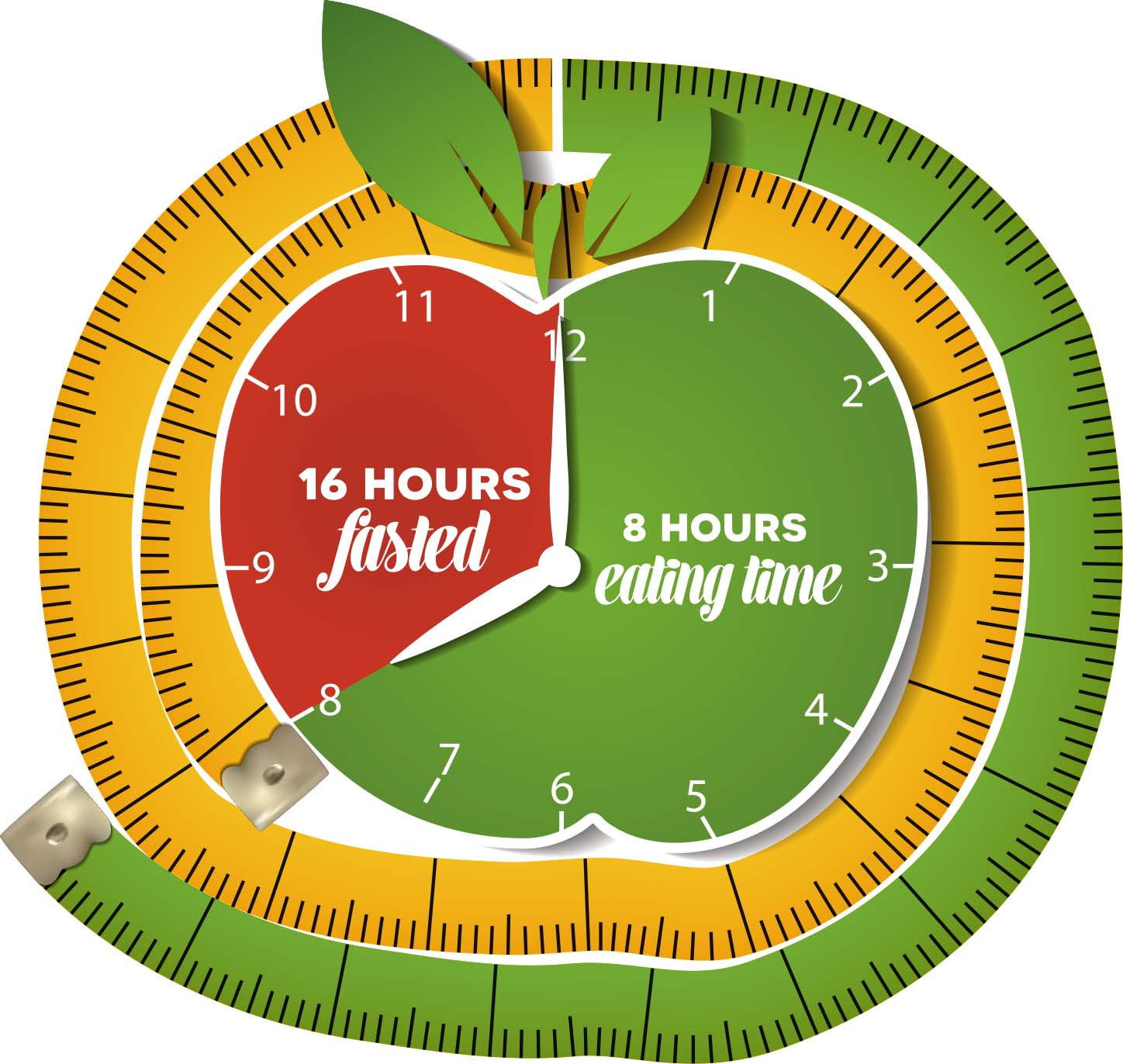
I heard about intermittent fasting from a coworker. Then a podcast. Then everywhere. But I didn’t begin it to shrink myself. I started it because I needed rules. I felt ungrounded. My schedule was messy. My appetite didn’t follow a pattern anymore. I wanted fewer choices, fewer meals. Not eating until noon felt like control. That first week, it helped. The boundaries gave me something simple to follow. That structure calmed me, even more than the food itself.
The hunger came fast, but it didn’t always stay
The first day was hard. By 10am, I was distracted. Shaky. Focused only on food. But then it passed. The wave rose, then faded. I drank water. I waited. It surprised me how quickly hunger came—and how quickly it left. Not eating didn’t always mean suffering. Sometimes I felt sharper. Sometimes I didn’t feel much at all. The discomfort was real, but it wasn’t endless. That changed how I understood hunger. It became something to observe, not just something to solve.
I didn’t expect my mornings to feel both clearer and more fragile
Skipping breakfast changed more than my appetite. I had more time. More silence. Less clutter. My energy felt different. Cleaner, almost. But also thinner. A fragile kind of focus. Some days I could write for hours without stopping. Other days, I crashed early. The mornings became unpredictable. But I kept going. That lightness felt valuable. Even when it faded fast. I didn’t always know what I was trading for that clarity.
It wasn’t the food I missed—it was the comfort that came with it
I didn’t crave pancakes. Or toast. I craved the rhythm. The pause. The warm mug in my hands. Breakfast used to anchor my day. Without it, the hours blurred. My stomach didn’t complain as loudly as my habits did. I missed the moment, not the meal. That surprised me. I thought I’d miss taste. I missed ritual. Fasting removed the emotional furniture from my mornings. That emptiness was both a gift and a challenge.
Some days I felt stronger, other days I felt hollow
There were days I felt light, strong, almost invincible. Like my body was burning cleaner fuel. Then there were days I couldn’t climb stairs without breathlessness. I never knew which version of me would show up. That unpredictability made planning difficult. I stopped promising I’d feel a certain way. I just waited. Energy became mysterious. Not based on hours slept or calories eaten. Just something my body offered or withheld.
I got used to watching the clock instead of listening to my body
My window started at noon. Ended at eight. I watched the minutes until I could eat. Sometimes I wasn’t even hungry. But the rules said it was time. Other times, I was starving at 10am but waited anyway. I realized I wasn’t listening anymore. I was obeying. That bothered me. My body spoke quietly. The schedule shouted. I wondered who I was feeding—myself, or the system I’d built.
It changed my relationship with fullness more than hunger
I used to eat until the plate was empty. Until I felt finished. Fasting changed that. I started noticing when enough felt like enough. When fullness became fatigue. I didn’t want to spend my entire eating window bloated. I learned to stop earlier. To eat slower. Not because I had to. But because discomfort had consequences now. Every bite carried more meaning when the clock was ticking.
I didn’t expect social situations to become so complicated
Lunch with friends used to be simple. Brunch on Sundays. A snack during meetings. Suddenly, every plan required negotiation. I was “not eating right now.” People asked questions. Some rolled their eyes. Others offered food anyway. I didn’t want to explain myself at every gathering. But I also didn’t want to abandon the routine that helped me. Eventually, I adjusted. I ate sometimes. Skipped sometimes. Flexibility felt better than isolation.
I thought I’d sleep better, but that didn’t happen immediately
Some nights I slept deeply. Others I woke up with my stomach growling. My body needed more time. I used to snack before bed. Now I stopped eating at eight. That shift was bigger than I expected. I didn’t fall asleep hungry—but I didn’t always stay asleep either. My sleep changed slowly. Then one month in, it got better. Not perfect. But steadier. I stopped waking up heavy. That helped me stay with it longer.
The weight loss was slower than I thought, but it didn’t matter as much
At first, I stepped on the scale every morning. Numbers moved. Then stalled. Then dipped again. The changes were small. But I felt lighter in other ways. My clothes fit better. My face looked different. I didn’t lose fast, but I lost steadily. Then I stopped checking. The numbers mattered less than I expected. What mattered more was how I felt at 3pm. At bedtime. In my thoughts. That part stayed longer than the weight itself.
I stopped using food to interrupt discomfort
When I was sad, I ate. When I was bored, I snacked. Fasting made that harder. I had to sit through feelings without numbing them. At first, that made everything worse. But slowly, it taught me something. Not every feeling needs distraction. Some just need space. Fasting didn’t fix anything emotional. But it revealed how much food covered. That made me look elsewhere for relief.
I didn’t know how long I’d keep doing it, but I kept coming back
I stopped twice. Once during a trip. Once during a hard week. Each time, I thought I’d quit. But I came back. Not out of guilt. Out of memory. The routine had made something easier. It gave me fewer choices. That made the day lighter. I missed that part. I still don’t know if I’ll do it forever. But I understand now why people stay. It offers something most diets don’t—silence. Simplicity. A pause.
Source: Dietician in Dubai / Dietician in Abu Dhabi
